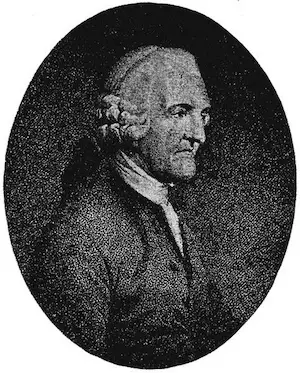In accord with the highest authority; in accord with a strict set of rules.
According to Hoyle
What's the meaning of the phrase 'According to Hoyle'?
What's the origin of the phrase 'According to Hoyle'?
The life and views of the celebrated but controversial English astronomer Sir Fred Hoyle has led many to suggest that this phrase refers to him. In addition to his undoubted important contributions to scientific research, the plain-speaking Yorkshireman was very well known for espousing forthright opinions and didn’t care much for any views to the contrary. His steadfast rejection of Darwinism and the opinion that human life originated in space didn’t encourage his colleagues to flock to his side.
Although Fred Hoyle might be a plausible initial guess when tracing the origin of this phrase, the Hoyle in question here is Edmond Hoyle (1672-1769), the English barrister and writer who was the author of several works on card games. He was (and still is) cited as the final authority when disputes on the rules of card games arose.
Hoyle’s Short Treatise on the Game of Whist included not only the rules, but gave many insights into how to win at the game. In view of that it was sought after but, due to the high price of one guinea, many illegal copies circulated. Genuine copies bore the qualifying statement ‘No copies of this book are genuine but what are signed by Edmond Hoyle and Thomas Osborne’. The esteem in which genuine ‘Hoyles’ were held no doubt added to the book’s reputation as being the only true source of definitive facts concerning the game. Hoyle wrote several other books on cards and other pastimes.
The earliest use of the phrase that I can find in print is in The Town and Country Magazine, Volume 18, 1786:
His noble friends, who had adulated him for his great judgment and skill at play, and that he played every card according to Hoyle, nay that he frequently made improvements on him, appeared in their true light.
Other authorities who have been given the ‘according to’ recognition are:
According to Cocker – after the 17th century London engraver Edward Cocker, who was thought (wrongly it appears) to have been the author of a popular series of basic arithmetic textbooks.
According to Fowler – after Henry Fowler, the renowned lexicographer and author of A Dictionary of Modern English Usage, 1926.
According to Guinness – after Norris and Ross McWhirter’s The Guinness Book of World Records
According to Gunter – after the English mathematician and inventor Edmund Gunter.
The history of “According to Hoyle” in printed materials
Trend of according to hoyle in printed material over time
Related phrases and meanings
Browse more Phrases
About the Author

Phrases & Meanings
A-Z
A B C D E F G H I J K L M N O P Q R S T UV W XYZ
Categories
American Animals Australian Bible Body Colour Conflict Death Devil Dogs Emotions Euphemism Family Fashion Food French Horses ‘Jack’ Luck Money Military Music Names Nature Nautical Numbers Politics Religion Shakespeare Stupidity Entertainment Weather Women Work
How did we do?
Have you spotted something that needs updated on this page? We review all feedback we receive to ensure that we provide the most accurate and up to date information on phrases.
